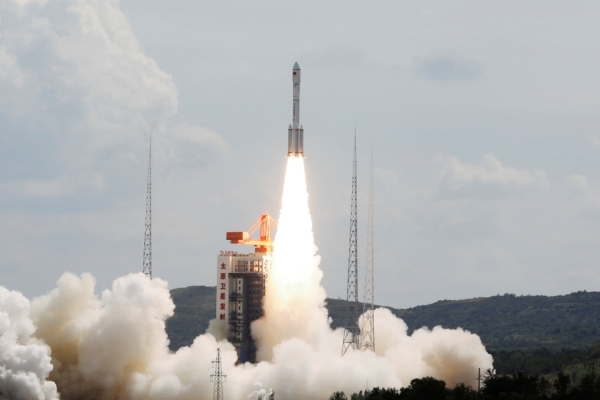Chinese Mainland Rocket Disintegration Poses Threat to Orbital Safety

Recently, a Chinese rocket disintegrated in space, creating over 700 pieces of debris that are now floating in orbit, posing potential risks to multiple satellites and space stations in Earth's orbit. This event has become one of the largest space incidents in history and has garnered widespread attention from experts.
The rocket was launched on August 6 by China's state-owned enterprise Shanghai SSST (Shanghai Spacecom Satellite Technology Co., Ltd.), carrying 18 communication satellites into orbit. These satellites were the first batch deployed as part of China's "Qianfan Constellation" program, which aims to challenge the U.S. "Starlink" satellite system. However, shortly after successfully placing the satellites in orbit, the rocket's first stage unexpectedly disintegrated, creating a large amount of debris.
Initially, the U.S. Space Command estimated that approximately 300 pieces of debris were generated. However, according to the latest data from the U.S. space debris tracking company LeoLabs, there are now at least 700 pieces of debris, and this number could continue to increase. These fragments have formed a debris cloud at an altitude of about 800 kilometers above Earth, and experts predict that they will remain in orbit for several years.
According to data from the space tracking company Slingshot Aerospace, more than 1,100 satellites and other different space objects could be threatened by these fragments. In the coming days, over 1,100 close encounters are expected, with some passing at distances of less than 5 kilometers. About one-third of these objects are active spacecraft capable of maneuvering to avoid collisions, but other uncontrolled space debris may not be able to evade these new fragments, increasing the risk of potential collisions.
The exact cause of this disintegration event is still unclear; it may have been caused by a collision with another object or an explosion due to unused rocket fuel. Shanghai SSST has not yet responded to the incident. Experts have expressed concerns that similar incidents could lead to chain collisions, posing greater threats to other objects in space.
- 329 reads
Human Rights
Fostering a More Humane World: The 28th Eurasian Economic Summi

Conscience, Hope, and Action: Keys to Global Peace and Sustainability

Ringing FOWPAL’s Peace Bell for the World:Nobel Peace Prize Laureates’ Visions and Actions

Protecting the World’s Cultural Diversity for a Sustainable Future

Puppet Show I International Friendship Day 2020

